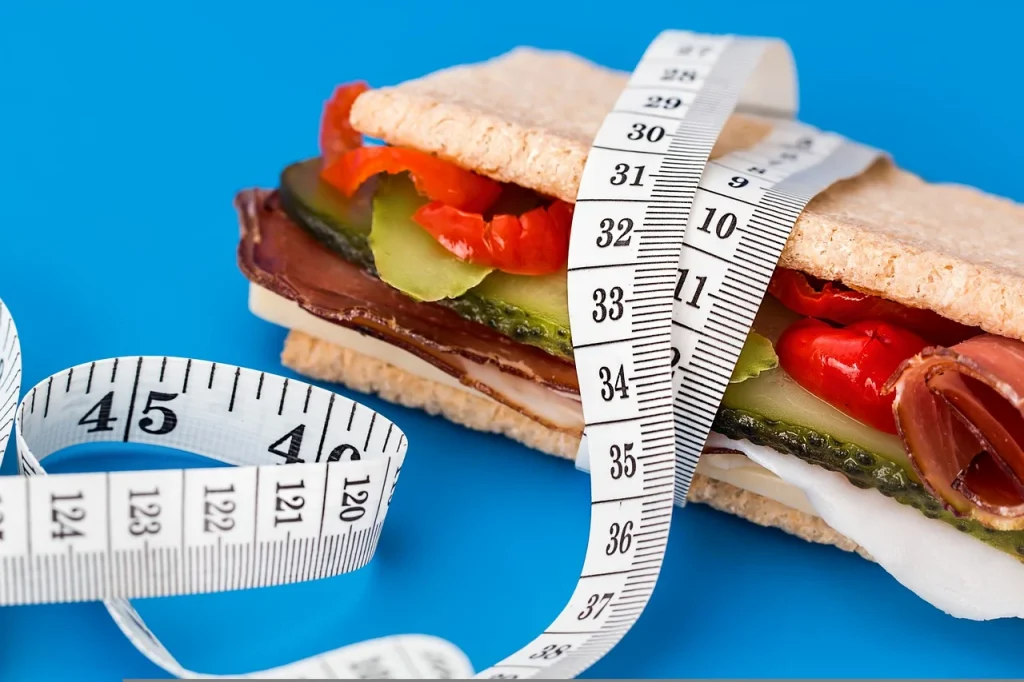5 Myths on Weight Loss

Would you like to know 5 Myths on Weight Loss ? Tired of hearing parents or friends share their conflicting views of nutrition? Confused about the mixed messages from advertisers and nutritionists? Searching to find the truth about which foods are good or evil? It’s about time someone shed some much-needed light on nutritional once and for all.
Myths on Weight Loss
The following is a compilation of five popular nutritional myths that plague society and the media:
Myth: Eating at night will make me gain weight faster!
Sound familiar? This nutritional belief is popular among many well-meaning friends. Nutritionist and everyday health-enthusiasts have promoted limiting food intake at night as a key weight loss strategy, but is there any truth to it?
Not necessarily. Nutritional beliefs vary greatly from nutritionists to scientists, but they all collectively agree that calories in the morning, afternoon, and night are no different. It is only possible to gain weight by eating at night if it means consuming more than what the body requires to function. However, it is also true for someone to overeat during the day and gain just as much weight.
Weight loss is determined by caloric deficits, not the time of day the food is eaten at. So although it is possible to gain weight by eating at night, that doesn’t mean that only eating in the day will promote weight loss. What you eat and how much you eat matters more than the time you enjoy your meals.
Myth: To lose weight I must exclude carbohydrates from my diet entirely.
From Atkins to the wildly popular Keto diet, carbohydrate deprivation is a common trend. But could all these people possibly be fooled by this nutrition myth? YES! Doctors, nutritionists, and scientists worldwide understand that carbohydrates are a key and essential part of a healthy diet. Because carbohydrates are a main energy source for the body, removing this nutrient can be detrimental.
As stated earlier, weight loss is created by a caloric deficit; one must simply consume less calories than they burn. This strategy applies to all nutrients, including carbs. It is often easy for those who exclude carbohydrates to overeat fat, creating a surplus of calories and preventing weight loss. Being careful about portions and avoiding junk foods will be more helpful for managing weight than cutting out an entire macronutrient.
Recommended for You: Weight Loss Tips that Never work
Myth: Eggs are bad for my cholesterol levels
This is a favorite nutrition myth amongst the older generation. There is a little truth in it – after all, eggs do contain quite a bit of cholesterol in the yolk. However, unless one consumes an unnatural amount of egg yolks every day, which would be challenging to do, eggs do not contribute to soaring cholesterol levels. Unhealthy foods composed of saturated and trans fats (usually animal fats) are more important to be avoided instead.
Myth: I should only eat “low fat” foods
On the opposite side of the Keto diet, which cuts carbs and increases fat, is the low fat diet. Various low fat foods are available on the market for those who choose this diet, but they are not always the healthiest alternatives.
Fat free products are known to result in a tasteless, bland flavor which many people would not want to purchase. In order to make the food more appealing, manufacturers compensate for the lack of flavor by adding extra unhealthy components (sugar, salt, and other artificial flavouring). This results in more calories than the food should have naturally. Instead of reducing fat consumption, a better option is to eat smaller portions of all-natural food.
Myth: Diet sodas are healthy
Yes, this a 100% nutrition myth. While diet sodas are likely better than their fully sugar-loaded counterparts, they have a fair share of negative side effects. From the artificial sweeteners triggering headaches to uncontrollable food urges that encourage overeating, diet sodas are plenty unhealthy. Water remains the healthiest drink choice, so if one wishes to lose weight, it would be a smarter move to cut out sodas in both forms completely.
Dailywisely hopes you enojoyed this post abot 5 Myths on Weight Loss!
Josh Dudick
Josh is the owner and lead writer at Daily Wisely. His career has taken him from finance to blogging, and now shares his insights with readers of Daily Wisely.
Josh's work and authoritative advice have appeared in major publications like Nasdaq, Forbes, The Sun, Yahoo! Finance, CBS News, Fortune, The Street, MSN Money, and Go Banking Rates. Josh has over 15 years of experience on Wall Street, and currently shares his financial expertise in investing, wealth management, markets, taxes, real estate, and personal finance on his other website, Top Dollar Investor.
Josh graduated from Cornell University with a degree from the Dyson School of Applied Economics & Management at the SC Johnson College of Business.

